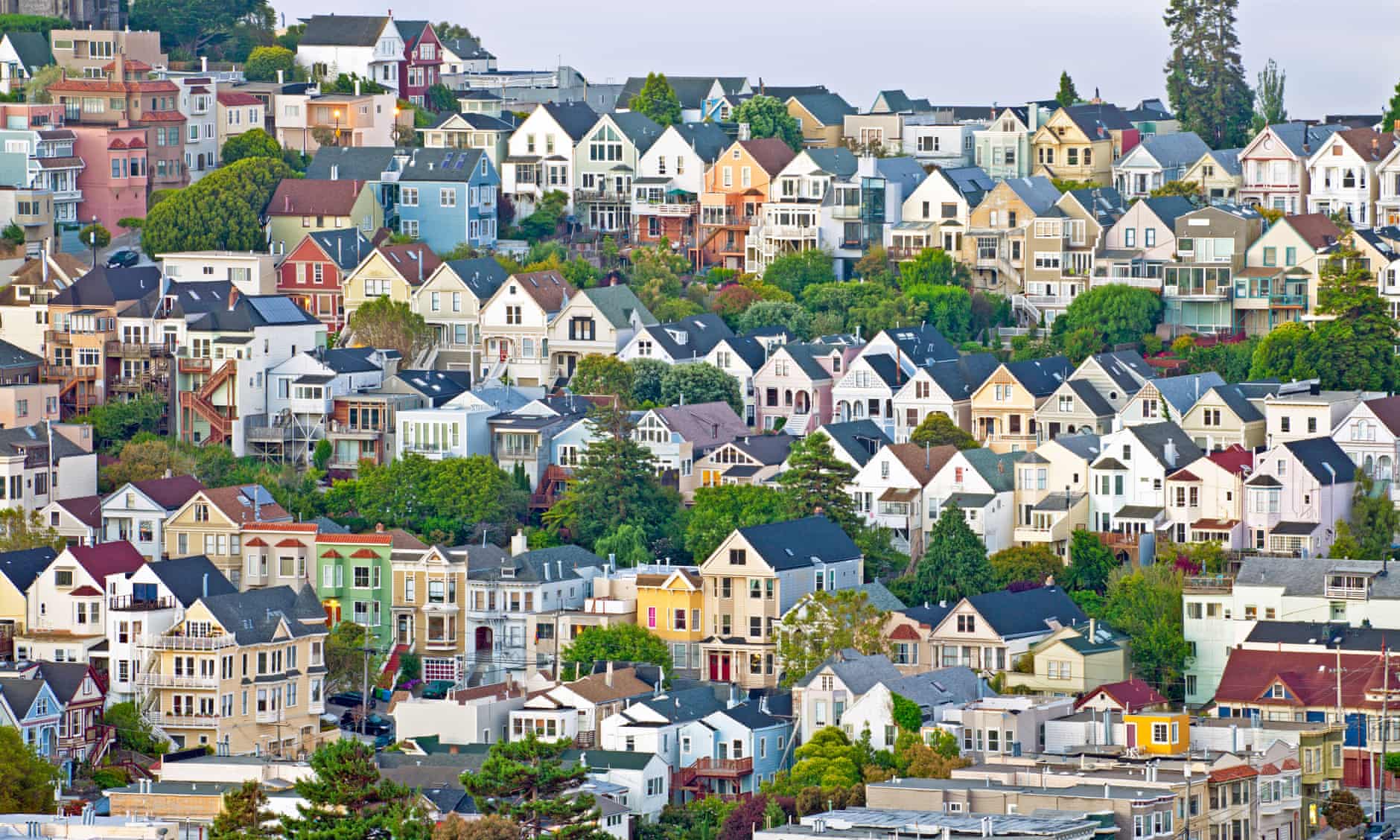At Public Books, Shannon Mattern reviews a handful of books that seek to understand how the ideology and economy of Silicon Valley has reshaped the politics, culture, and geography of the greater San Francisco Bay Area. These books are Hollow City: The Siege of San Francisco and the Crisis of American Urbanism by Rebecca Solnit (2000/2018); Silicon City: San Francisco in the Long Shadow of the Valley by Cary McClelland (2018); Pictures of a Gone City: Tech and the Dark Side of Prosperity in the San Francisco Bay Area by Richard A. Walker (2018); and Designing San Francisco: Art, Land, and Urban Renewal in the City by the Bay by Alison Isenberg (2017). As Mattern suggests, the Bay Area stands as a cautionary tale for other cities who blindly embrace “tech” as a solution to social and structural problems. Here’s an excerpt:
These titles, while focusing on the Bay, offer lessons to New York, DC, Toronto, and the countless other cities around the globe hoping to spur growth and economic development by hosting and ingesting tech—by fostering the growth of technology companies, boosting STEM education, and integrating new sensors and screens into their streetscapes and city halls. For years, other municipalities, fashioning themselves as “the Silicon Valley of [elsewhere],” have sought to reverse-engineer the Bay’s blueprint for success. As we’ll see, that blueprint, drafted to optimize the habits and habitats of a privileged few, commonly elides the material needs of marginalized populations and fragile ecosystems. It prioritizes efficiency and growth over the maintenance of community and the messiness of public life. Yet perhaps we can still redraw those plans, modeling cities that aren’t only made by powerbrokers, and that thrive when they prioritize the stewardship of civic resources over the relentless pursuit of innovation and growth …
Almost two decades ago Solnit saw that the efficiency-minded tech industry was framing the messiness of public life as comparatively inconvenient and inefficient, and that the sector thus played a key role in “accommodating spatial privatization and speeding up an economic privatization.” What results, she argues, is a Hollow City, one whose colorful Victorian homes and corporate workspaces mask its increasingly monochromatic populations and cultures. Paul Gillespie, a cab driver quoted in McClelland’s book, wonders: “If you are riding the Google bus, and you are looking on your cell phone for stories that are tailored just for you, and at night you are taking an Uber to a nightclub or restaurant with a lot of other people just like you, where is the interaction with everyone else? Where is the knowledge of what other people are thinking or what’s going on in the world?” Walker likewise acknowledges the tech industry’s role as global evangelist for the exploitative sharing economy, the Californian Ideology, and neoliberalism, and its failure to address privacy breaches and fake news and technological solutionism—all of which have shaped politics and economics around the globe.
Image of San Francisco via The Guardian.
